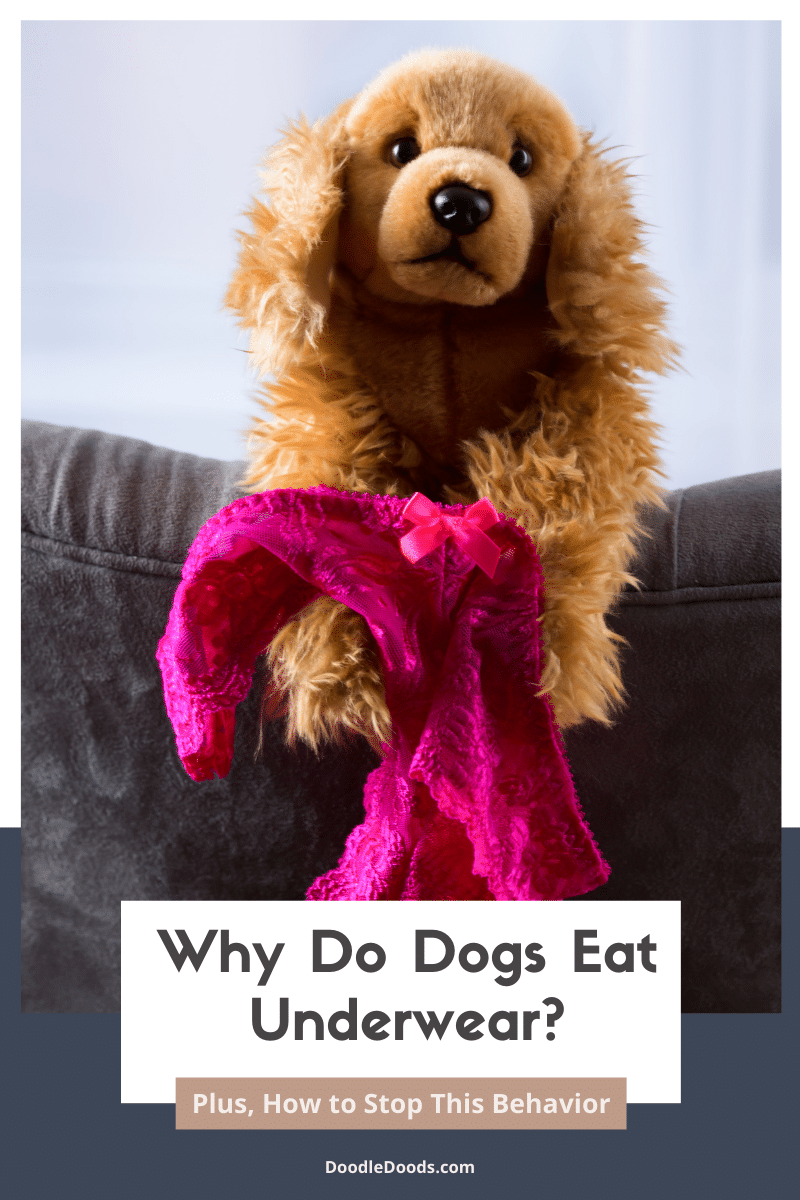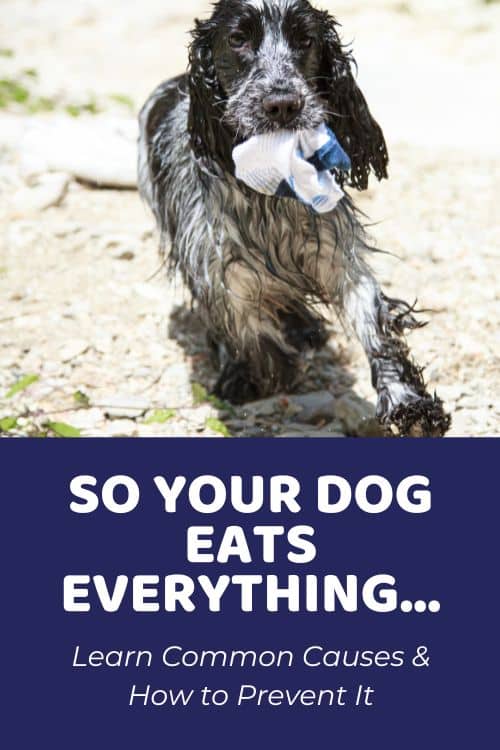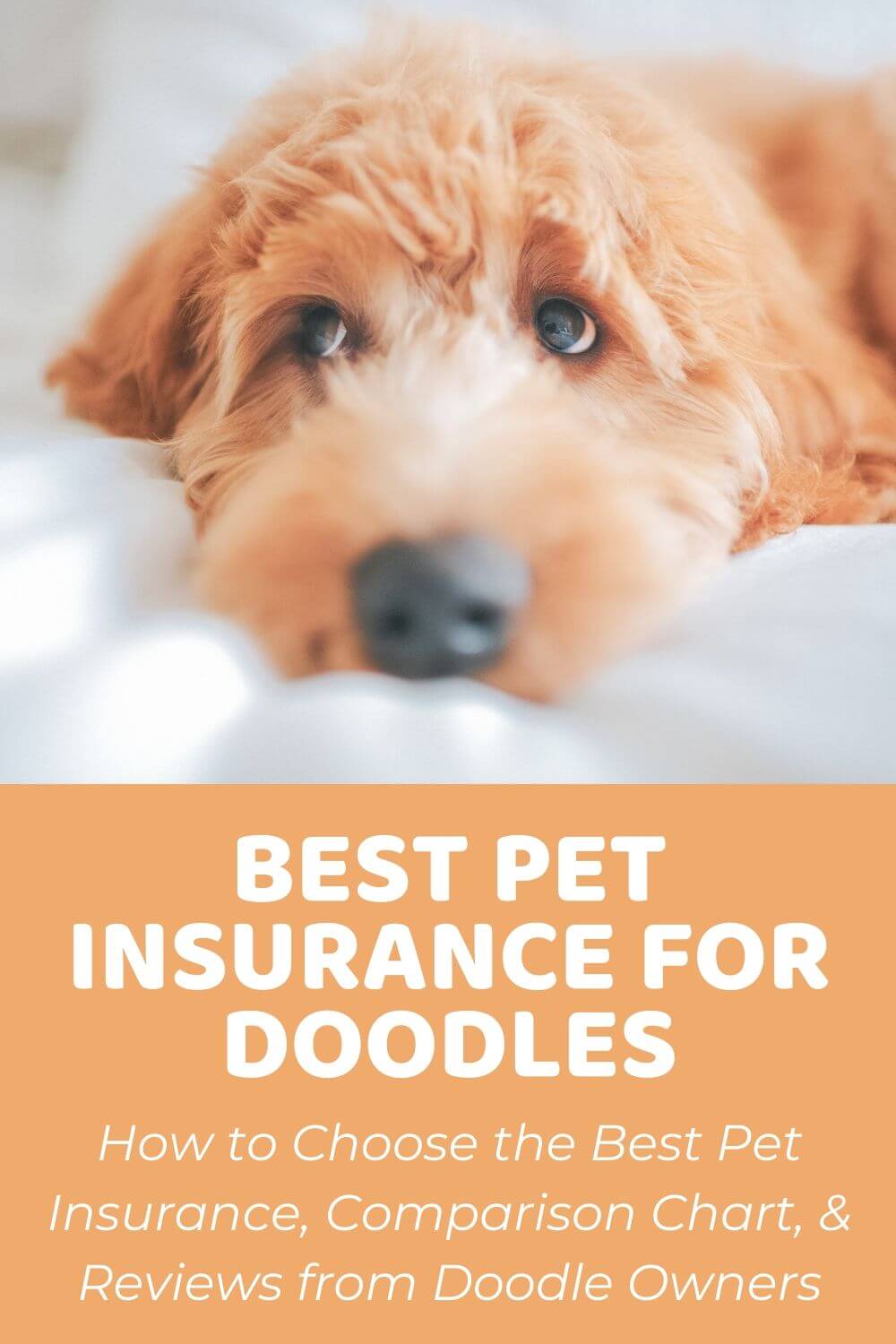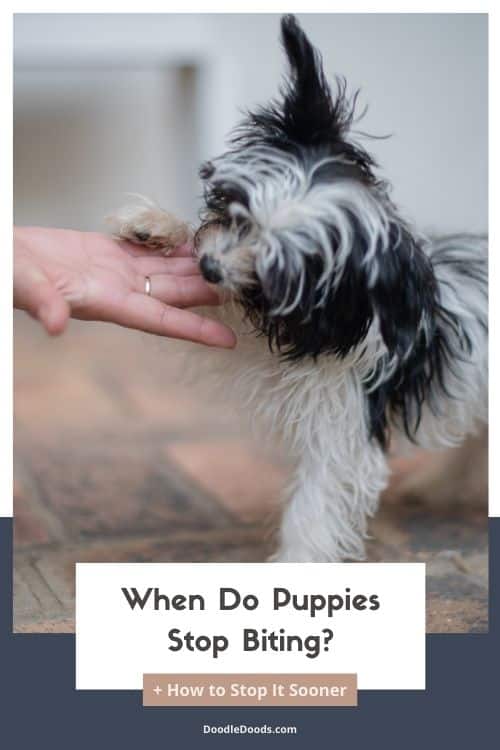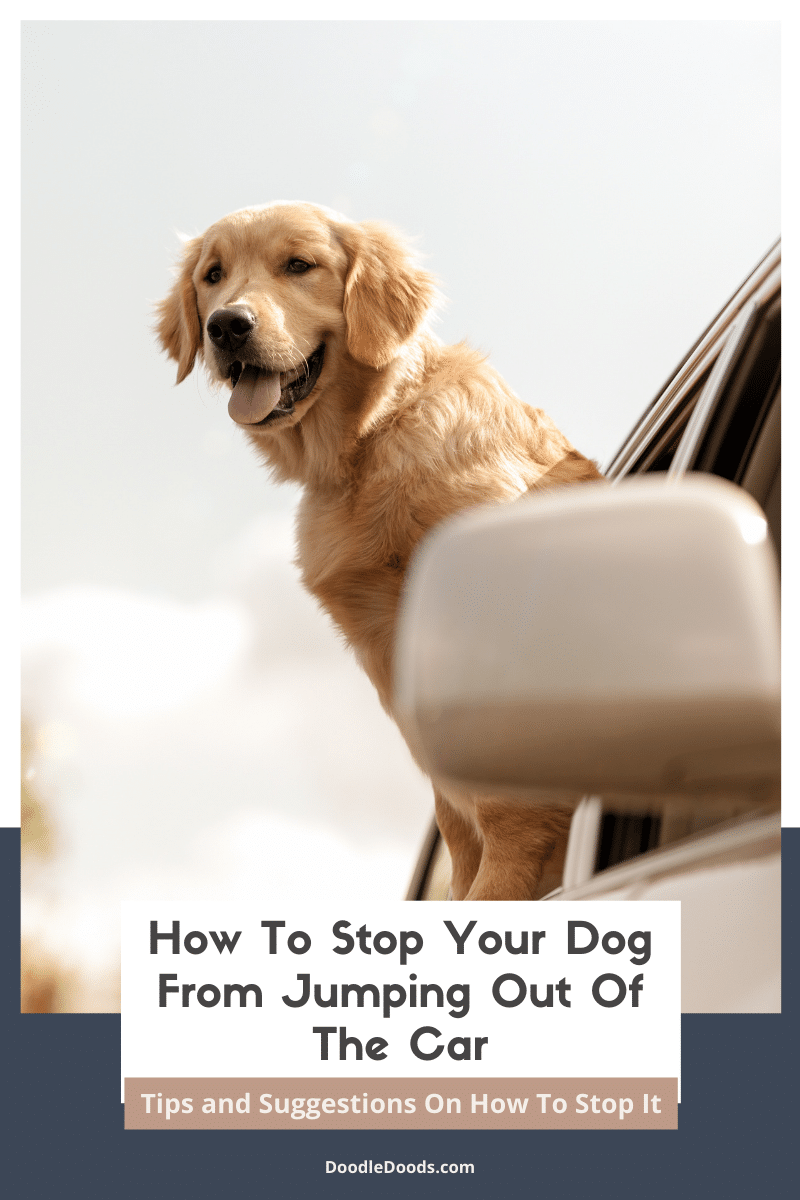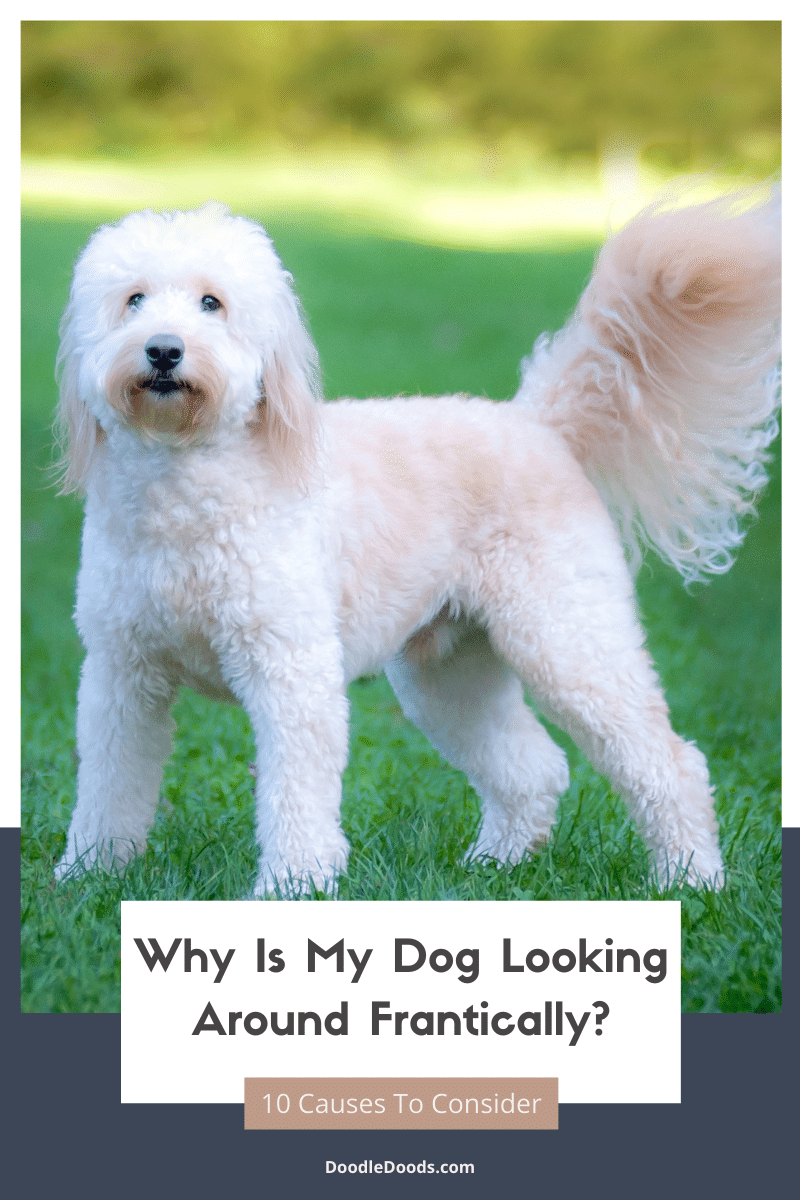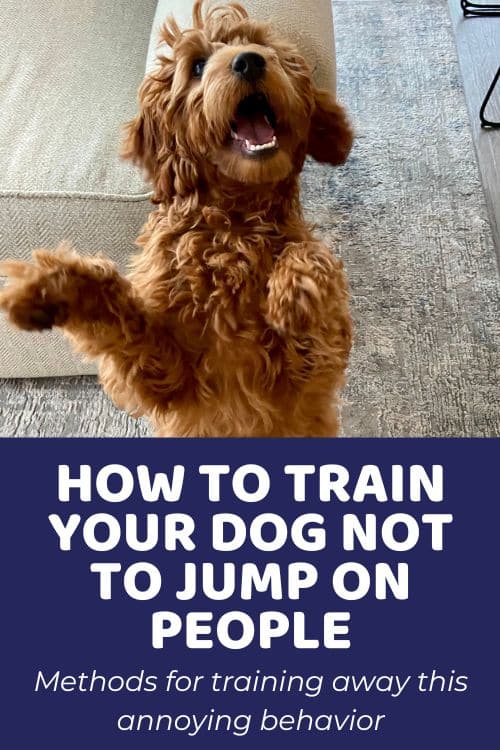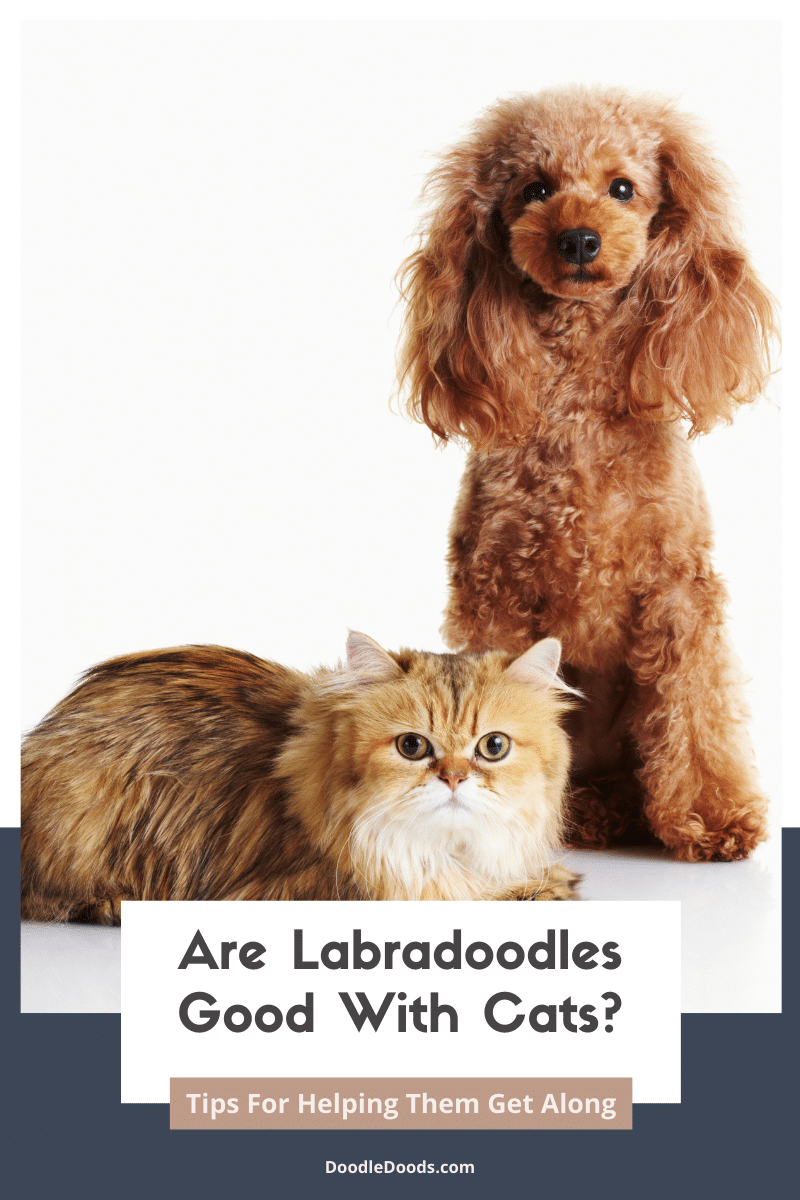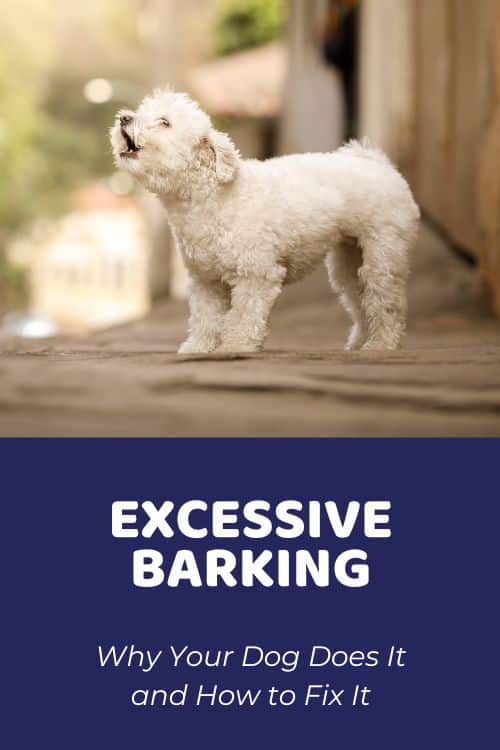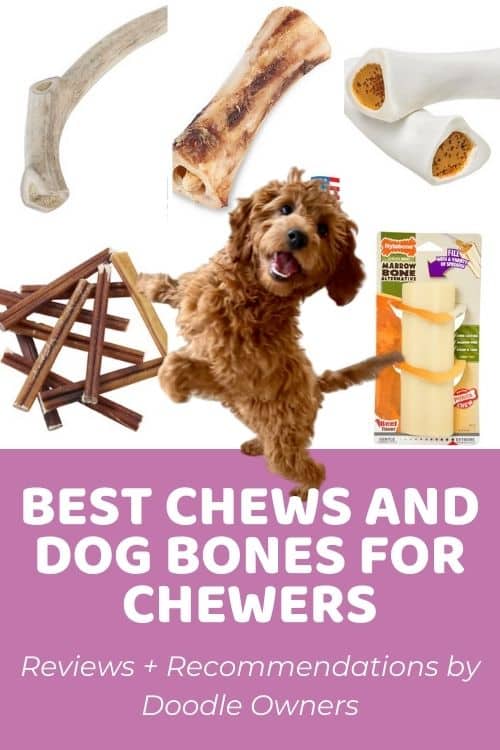Dogs can be like garbage disposal units – pretty much anything that can end up in their mouth will end up in their mouth. While any food left in their vicinity will be considered fair game, some dogs take things even further by chowing down on non-food items too. But why do dogs eat underwear? That might seem like an odd thing (well, it is…), but it’s actually not all that uncommon. And even though it might seem funny at first, eating underwear and socks can be extremely dangerous for your dog.
Not only is underwear chewing frankly bizarre, potentially embarrassing (especially if it happens when you have company over), and downright disgusting, but it can have fatal consequences for your beloved pooch. So, just why are so many dogs keen to indulge in dirty-laundry diving? What makes your underwear so appealing? And what can you do to stop your dog from eating your underwear? Let’s take a look.
Table of Contents
- Why Does My Dog Eat My Underwear? 5 Common Reasons To Consider
- Why You Should Stop Your Dog From Eating Underwear
- How To Stop Your Dog From Chewing Underwear And Socks
- Why Do Dogs Eat Underwear: Conclusion
Why Does My Dog Eat My Underwear? 5 Common Reasons To Consider
Dogs often love to munch on their owners’ underwear because it has their owners’ scent. Weirdly enough, this can be a comforting thing for many dogs. After all, dogs adore their owners, and chewing on your underwear can be a rather interesting way for your pup to feel close to you. And it’s not uncommon for us to leave our dirty clothing, including underwear and socks, lying around the house, making it an easy target for our canine pals.
Let’s face it; dogs do plenty of strange things: sniffing each other’s butts, rolling in/eating poop, and chasing their own tails, to name a few. Often these behaviors are harmless (albeit annoying – in the case of the poop, at least). Sometimes they can be pretty comical to see. You might not know it, but Poodles, especially the smaller ones, are known as the clever clowns of the canine world. So it’s not surprising that your Doodle keeps you laughing with their antics. Among the myriad of quirks that dogs possess, one that baffles many owners is: why do dogs eat underwear?
Underwear eating certainly ticks the strange box, but definitely not the harmless one. Obviously, for the sake of your belongings, it’s not something you’re likely to encourage. In fact, it’s a behavior you should be going out of your way to address. And we’ll talk a little more about why a bit later on. First, we’ll take a little look at some of the reasons dogs like to chew your clothes. As you likely know by now, understanding a behavior is the first step toward changing it.
By the way, we also asked our newsletter subscribers if their Doods have eaten something that’s not food. Here are the results:
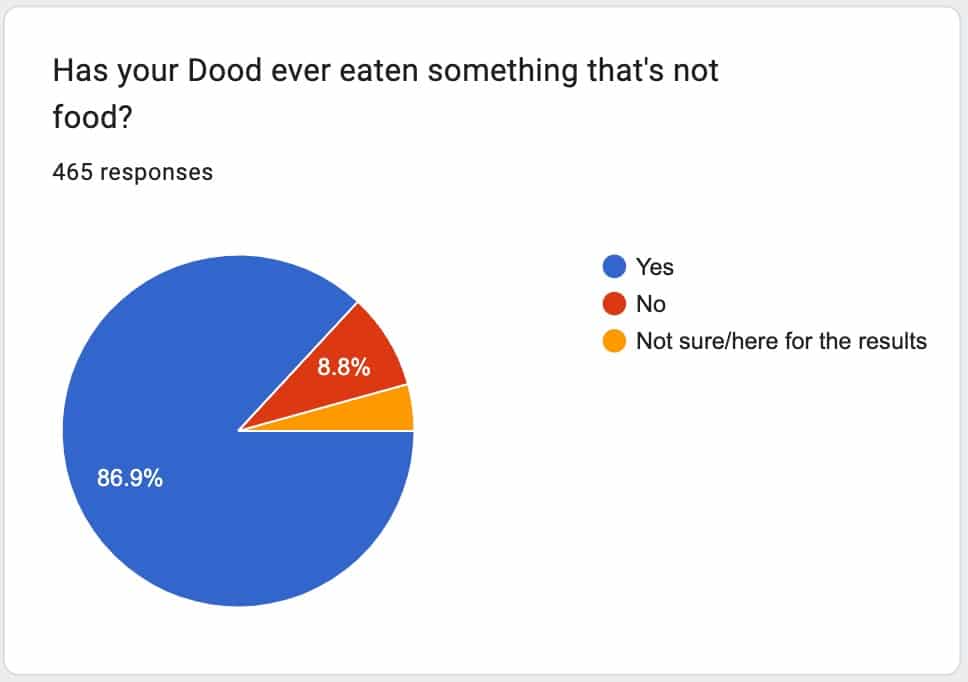
It Smells Like You
Most pups are pretty scent oriented. While we people enjoy seeing and touching items in our environment, dogs will want to sniff them to understand what they are. With a sense of smell that is said to be around 10,000 times more accurate than ours, it makes sense that this is how they like to explore the world around them.
So, a simple answer to the question “why do dogs eat underwear?” could be down to the fact that your underwear smells like you, and your dog just adores you that much! To dogs, your clothing is a positive cornucopia of exciting smells. Best of all, it carries the distinctive scent of you! And with all your pheromones and other sweat odors being highly concentrated in your (ahem) intimate area, underwear really is best for this.
Your Puppy Is Teething
At around 4 to 7 months of age, your adorable little puppy will hit the dreaded teething stage of their development. With chewing being the best way for them to relieve the pain of their swollen, battered gums, they’ll try this out with anything they can get their teeny teeth on – your fingers, the furniture, and, yes, your underwear too.
Older dogs also “teeth” because the chewy action is beneficial to their jaw, gum, and overall mouth health. It’s also a good way for them to keep their teeth clean and free from irritating food debris. They may have come to associate the action with comfort, so it has mental benefits too. Excessive chewing, though, could be a sign of dental pain or stress.
For more information on how to survive the teething phase, have a look at our other guides right here.
They Have Pica
Although rare, another reason your dog might be nibbling away at your underwear (and other non-food items that appeal) is because of a disorder called pica. People, too, can suffer from this compulsion to ingest non-food items. The difference here is the focus of the behavior. Your hound is specifically looking to eat these items, not simply chew them.
Stress and anxiety often underlie this particular problem, although health issues and nutrient deficiencies can also be to blame. If you suspect your pup might be suffering from pica because they really are eating simply everything in sight, the best thing to do is chat with your vet. They will be able to help you with diet suggestions and more.
To Get Your Attention
Your pet could be choosing to zone in on your possessions for a happy chewing session because they know it gets a reaction from you. Simply put, your response to seeing it, even if it’s a negative response like shouting and snatching the item from your pup’s mouth, could be reinforcing their behavior. They might view it as a fun game, which will make them do it all the more.
Alternatively, your pet may just be looking for something to occupy themselves with. Super smart doggos like Doodles require plenty of physical and mental stimulation. Without it, they are more likely to engage in troublesome practices like barking, digging, and, yes, excessive chewing. Essentially to them, this is a boredom-busting behavior. It could even be a symptom of separation anxiety.
Issues With Weaning
Finally, suckling, licking, and chewing on their owner’s personal items (those heavy with their scent) can also be a sign that a dog was weaned too early. The process of weaning involves young puppies being transitioned from their mother’s milk onto solid food. This should begin at around 3 to 4 weeks and continue until the puppy is 7 to 8 months of age.
Not only can your pup replicate the suckling action on the soft fabric of your underwear, but being surrounded by your smell in this way will help them to feel safe. A little time and love can overcome some of the more worrying behaviors too-early weaning can bring about. For the mouthing, a soft toy (with your scent) can be a good underwear alternative.
Why You Should Stop Your Dog From Eating Underwear
Now that we’ve discussed why dogs eat underwear, it’s time we discussed why you should discourage your pup from doing it. While underwear chewing may not seem like a big deal (until you find yourself constantly replacing them, or your pal gets their teeth into your best pair, that is), ingesting fabric is, unsurprisingly, not too great for your Dood. In fact, it can lead to some pretty significant health problems if they are not just chewing but indeed swallowing the material.
Usually, your dog will vomit your belongings back up. However, it’s also possible that the underwear, or parts of it at least, may become lodged in their intestines, causing an unfortunate blockage there. Happily, this is a pretty rare occurrence, but it’s also, obviously, very serious. Obstructions in the digestive tract can cause nausea, vomiting, diarrhea, weight loss, fatigue, bloating, pain, and even death, and is often treated with surgery to remove the obstruction.
How To Stop Your Dog From Chewing Underwear And Socks
When it comes to tackling this problem, you have a few options. Some will resolve the problem right away, while others will help reduce the issue in the long run. Honestly, a combination of some (or all) of the below methods will likely be your best bet for saving your skivvies from such a violent and untimely end.
Keep The Laundry Basket Out of Reach
By far, the easiest way to ensure your delicates remain out of your pup’s happily chomping jaws is simply by keeping them well out of reach. If you have a pretty solid hamper, ensuring it’s always closed by using something to either weigh down or firmly attach the lid should be sufficient to keep your pet away from your drawers.
It isn’t just dirty laundry you should keep an eye on, either. Just-washed clothes can be equally as compelling for your four-legged family members. So rather than leaving piles of freshly laundered items about the place, you need to either put them away straight away or leave them up high on a shelf safely out of your oddball Doodle’s way.
Distract With Chews and Food-Dispensing Toys
With the best will in the world, keeping everything tempting to your pup out of reach all the time is just not realistic. That’s why it’s good to have a handy backup plan. Chews, toys, and other treats can be it (at least while training is in progress). These provide a handy distraction and/or alternative mouthing possibilities for your pal.
Chewing is simply a fact of life when it comes to dog ownership. As doing this is a natural instinct for them, there’s very little you can do to discourage or prevent it. That’s why it’s better to seek out ways to simply redirect chewing behavior away from your belongings and towards something more suitable. Starting this lesson early is key. Toys designed for teething are great for younger pups, teaching them what and what not to chew.
Use Anti-Chew Spray
To speed up your pet’s learning (and spare your poor belongings, of course), you might choose to invest in an anti-chew spray. Much like the stuff nail-biters coat their talons with to stop them from having a nibble, anti-chew sprays work by making the object in question taste (and smell) absolutely unappealing to dogs. This (hopefully) keeps them away.
Happily, you can save yourself a few $$$s by creating your very own no-chew formulas in the comfort of your own home. Then all you have to do is spray it on your belongings. Strong (unpleasant – for your pooch) smells, such as vinegar, work well here. Take care to avoid ingredients that are potentially harmful to pups, like onions, garlic, or alcohol.
Positive Reinforcement Training
Even if you’re not much of a dog pro, you’ve likely begun basic training by teaching your pal to sit on command and maybe shake paws with the use of training treats. Positive reinforcement is a technique you can also use to encourage your pup to “drop it” when they’ve picked up something you’d rather they didn’t have. Learning your dog this command has a number of benefits across the board.
However, getting your pooch to relinquish something they value (like your dirty kecks) won’t be quite as simple as teaching them to perform an action on command. Chewing your pants is a reward in itself. Your dog likes the chewing, they like the flavor, and above all, they appreciate that they get a response from you when they do this. So, don’t give them one. Remain calm and be firm.
Consult a Vet
As we’ve touched on throughout this article, while most chewing is behavioral, you can’t rule out the possibility that it could also be medical. A whole host of canine conditions can prompt underwear chewing and eating, too. If the reasons above don’t seem likely, and you can’t prevent the behavior no matter what you do, it’s time to take your pet on down to see the vet.
Likewise, if you’ve been dealing with your pup’s chewing behaviors a lot recently and you think they might have ingested something they shouldn’t. While most materials will pass harmlessly through your dog’s system, it’s best to keep an eye out for any potential issues so that they can be dealt with promptly and (hopefully) relatively painlessly for your pet.
Why Do Dogs Eat Underwear: Conclusion
Pet ownership, much like having children, can be a really tricky business. You can never completely anticipate some of the issues you’re going to be stuck dealing with. One question many dog owners find themselves asking is “why do dogs eat underwear?”. Fortunately, underwear chewing and even eating is relatively common in the canine world, meaning there are plenty of tried and true methods for dealing with this cringe-worthy problem. Addressing the issue straight on and while your dog is still at a young age is best. Doing this will more easily help you to prevent your underwear and socks from becoming your Doodle’s chewable snacks of choice.

